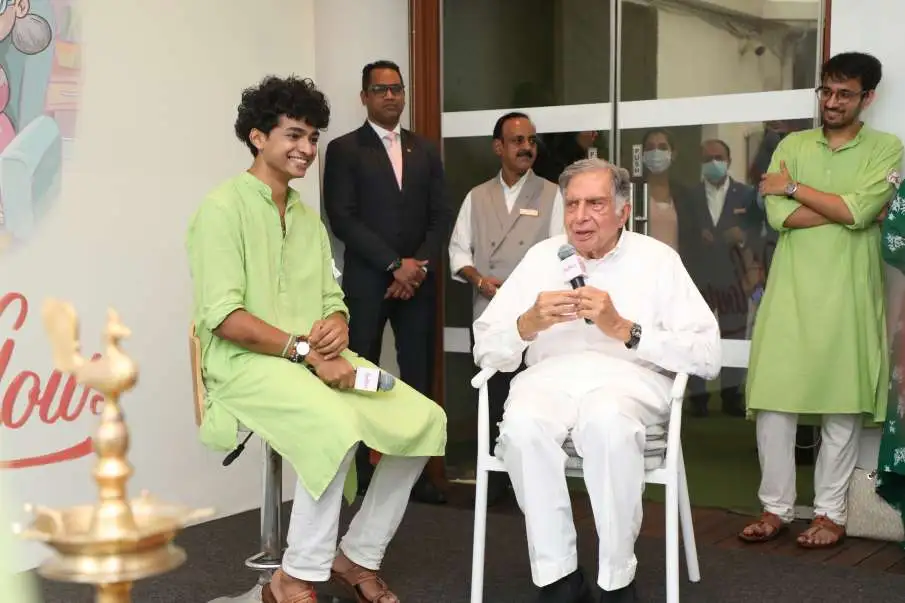PwC plans to hire 10,000 more people in India in the next four years
PwC has announced plans to grow its team over the next five years or less in honour of the 150th anniversary of the company in India. With an emphasis on diversity, skill development, and equal growth opportunities, the company keeps working to ensure that its employees have a challenging and all-encompassing work environment. In less than five years, the company wants to hire 10,000 individuals throughout its network of companies as part of its growth plans. Emerging technologies, including cloud, digital, analytics, and cyber technologies, will be given priority in the hiring process. According to Sanjeev Krishnan, chairman of PwC India, the company has learned a lot over the past 150 years and has “taken those learnings to become stronger, more focused and better positioned to deliver on our purpose of solving important problems and building a strong culture of respect, inclusion and transparency.” PwC India has offices all over the country today and provides a variety of professional services to its clients. After reporting a 22% YoY increase in revenue in the previous fiscal year, it has been investing in technology and management consulting, risk, and deals, as well as making organic acquisitions to scale up and enhance current problem-solving skills. In an effort to increase its reach and access the talent pool in India, it has built three new offices this year. With our new strategy in place, we are still steadfastly committed to doing our part to help India achieve its goal of being a $5 trillion economy, according to Krishnan. “We look forward to collaborating with our clients, our people and the larger stakeholder ecosystem to create the virtuous cycle between earning trust and delivering sustained outcomes necessary for our country to emerge as a global leader,” he continued.
PwC plans to hire 10,000 more people in India in the next four years Read More »










